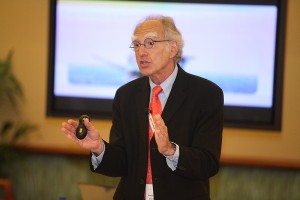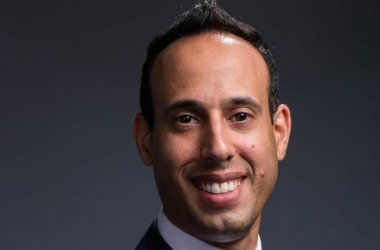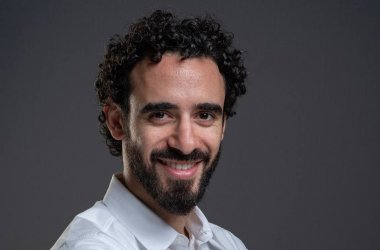
At the Cisco Connect conference in Dubai, Cisco offered a glimpse into a fantastical world of next-generation technologies, urging the UAE to be bold in its innovations.
Though it may have poured vast amounts of time and energy into its Cisco Live conference in London earlier this year, Cisco has showed no signs of taking a rest period. Following the London event at the end of January, the vendor has been on something of a world tour, and arrived at Dubai’s Atlantis hotel for Cisco Connect UAE in March.
To call Cisco Connect a scaled-down version of the enormous Cisco Live conference would be unfair. Yes, some elements of the Dubai-based event were lifted from Cisco Live – such as the demonstration of the firm’s new Unified Access innovations – but it would be more accurate to describe Cisco Connect as a localised version of the big event.
The show began with a heart-tugging film about the UAE’s enormous growth over a short period, featuring interviews with local citizens all too happy to sing the country’s praises. The discussion focused on the UAE’s willingness to adopt cutting-edge technology, which, in turn, helps the country grow at a much faster rate than would be possible in mature markets.
“We are witnessing a paradigm shift and a global transformation in everything we do,” said Rabih Dabboussi, Managing Director, Cisco UAE, following the introductory video. “The main ingredients driving this change focus on technology. I can’t think of a better community than the one in this room to lead the nation into the future.”
For a glimpse into what the future holds, Dabboussi handed the stage to Howard Charney, Senior Vice President, Office of the President, Cisco. As a co-inventor of Ethernet, his work led directly to the global build-out of the Internet, making him something of a technological hero. He now guides Cisco on its vision and direction, making it his business to stay up to date on the latest technological advances and solutions.
Charney began by speaking about the Internet of everything, a situation that could see every device hooked up online, communicating with one another and taking action without the need for human intervention. Cisco predicts that 50 billion devices will be connected by 2020, though, Charney admitted, the world has a way to go yet.
“While we may feel all wired up, everything that is connected today is just 1 percent of what could be connected,” he said. “The value at stake, the bottom-line revenue, could be up to $14.4 trillion worldwide over the next 10 years – just in the private sector. However, I’m a cynic and I’m also an engineer, so I’ve been looking for proof that the Internet of everything will be transformative.”
Charney went on to describe Metcalfe’s Law, which states that the value of a telecommunications network is proportional to the square of the number of connected users of the system. While the law may be sound when discussing fax machines in the 1990s, Charney said, today’s world sees connections varying in value. “All connections are not created equal,” he explained.
He then described the fascinating developments that are taking place around the world. From a $5 million project by NICTA, Australia’s ICT Research Centre of Excellence, to use big data in order to determine the source of geothermal energy, to the Danish government’s adoption of video-calling in order to provide government advice to citizens in far-flung regions, Charney catalogued fantastic applications for emerging technologies.
Of course, this pie-in-the-sky talk couldn’t last forever, and following his speech, Charney brought the audience back down to Earth, inviting Ian Kennedy, CTO, Cisco EMEA, onto the stage. Kennedy explained what was being done now within Cisco in order to reach the fantastical ends that Charney had described.
Whether or not the Middle East will one day contribute to the advancement of technology as a whole remains to be seen, but given the way in which the UAE audience lapped up these presentations, it would seem that the country’s brightest are willing to try. And Cisco was happy to make clear that it wanted to help.





